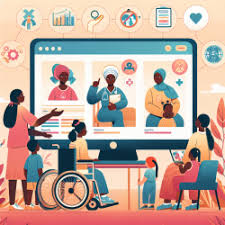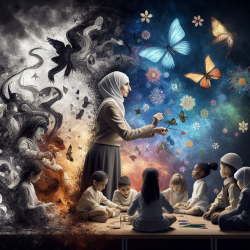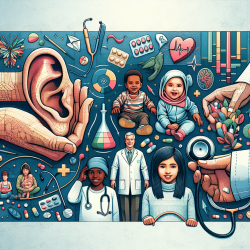Exploring the Impact of Sexual Identity and Adverse Childhood Experiences on Non-Suicidal Self-Injury
In the realm of speech-language pathology and child development, understanding the multifaceted influences on children's well-being is crucial. A recent study published in the International Journal of Environmental Research and Public Health sheds light on the intricate relationships between sexual identity, adverse childhood experiences (ACEs), and non-suicidal self-injury (NSSI) among rural high school students in less developed areas of China.
Key Findings from the Study
The study, which involved 1810 high school students from Jiangxi province, revealed several critical insights:
- Students identifying as lesbian, gay, or bisexual (LGB) exhibited a significantly higher tendency towards NSSI compared to their heterosexual peers (AOR = 3.250, 95% CI = 1.69–6.28, p < 0.01).
- There is a graded relationship between the cumulative exposure to ACEs and the likelihood of engaging in NSSI (AOR = 1.627, 95% CI = 1.02–2.60, p < 0.05).
- The odds of NSSI are notably higher among students who both identify as LGB and have experienced ACEs (AOR = 2.821, 95% CI = 1.51–5.29, p < 0.05).
Implications for Practitioners
For practitioners working with children and adolescents, these findings underscore the importance of considering both sexual identity and childhood experiences when assessing risk factors for NSSI. Here are some practical steps practitioners can take:
- Holistic Assessment: Incorporate questions about sexual identity and ACEs into routine assessments to better understand the unique challenges faced by each child.
- Targeted Interventions: Develop interventions that specifically address the needs of LGB students and those with a history of ACEs, focusing on building resilience and coping strategies.
- Collaborative Efforts: Work with schools and community organizations to create supportive environments that reduce stigma and provide resources for at-risk youth.
Encouraging Further Research
While this study provides valuable insights, it also highlights the need for further research to explore these relationships in different cultural and geographical contexts. Practitioners are encouraged to engage in or support research efforts that aim to deepen our understanding of these complex dynamics.
To read the original research paper, please follow this link: Research on Relationships between Sexual Identity, Adverse Childhood Experiences and Non-Suicidal Self-Injury among Rural High School Students in Less Developed Areas of China.










